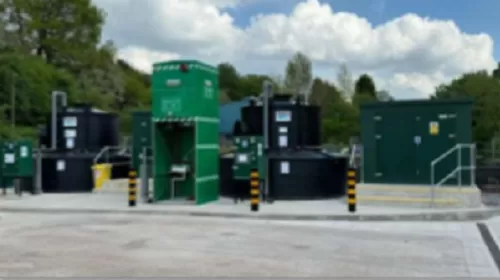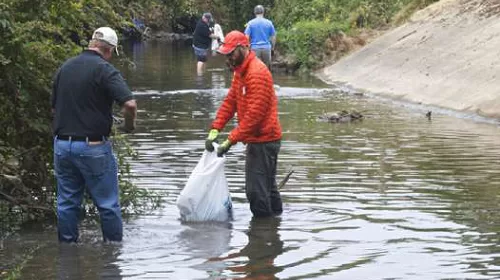United Utilities has become the first water company in the UK to implement an innovative plant-based method for phosphorus removal, addressing a significant environmental challenge. Excess phosphorus is the leading cause of water quality failures in England and Wales, prompting increasing regulatory pressures and investments in wastewater management. Currently, UK water companies spend approximately £39 million annually on metal-based chemicals for phosphorus removal, with rising demand and costs. This chemical approach poses challenges for small, rural sites due to higher investment needs and logistical limitations. Last year, United Utilities led a nationwide project to test alternative phosphorus removal methods, supported by Ofwat’s Water Breakthrough Challenge. The project evaluated three methods: electrocoagulation, natural coagulation, and reactive media. Following a successful six-month trial at their Woolton wastewater treatment works in Merseyside, United Utilities is now introducing a natural coagulant derived from tree bark at several small rural facilities.
Callum Grundy, Principal Engineer (Innovation) at United Utilities, emphasized the project’s significance in enhancing phosphorus removal while reducing reliance on chemical dosing. The trial showed promising results in effectively settling suspended solids and significantly reducing excess iron and phosphorus in treated wastewater. United Utilities is collaborating with Veolia Water Technologies to expedite the rollout of this plant-based solution. This initiative aligns with the company’s broader commitment to sustainable treatment processes and improving environmental outcomes across its operations.





